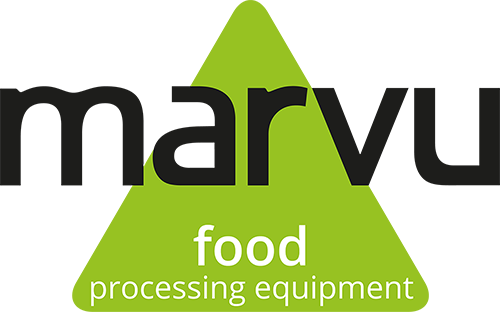In order to lower costs, food processing companies often cut back on the technical maintenance of their machinery. But do these companies realise how serious the consequences could be? How much does a few hours of production downtime cost?
What does downtime cost?

In order to lower costs, food processing companies often cut back on the technical maintenance of their machinery. But do these companies realise how serious the consequences could be? How much does a few hours of production downtime cost?
Beunruhigende zahlen
In 2010, market research institute TNS NIPO surveyed more than 400 companies on the technical shortcomings of Dutch machinery. Plant and maintenance managers were asked questions about the quality and reliability of their machinery. At 135 larger industrial companies, there is a realistic possibility of serious incidents occurring as a result of technical failings. The causes of this are the skimping on quality when purchasing new machines, the continued use of strongly obsolete machinery, maintenance budget cuts and insufficient preventive maintenance.
Loss of machinery knowledge
Five years after the survey, companies have, in practice, still not been able to create extra room in their maintenance budget. “Whereas in the past maintenance departments consisted of 25 to 30 employees, there are now often so drastic cutbacks that only two maintenance staff maintain an entire plant”, is the experience of Marc Vulders of Marvu. “The result of this is that technical knowledge about machinery in the company is becoming alarmingly more limited. Preventive does not receive enough attention. Companies don’t seem to realise that technical failings can have major financial consequences and form a huge risk for their continuity.”
8 tips for risk mitigation by Marc Vulders
We would like to give you the following advice for a solid risk management policy regarding the maintenance of your machinery, according to Marc Vulders:
- Staffing: Take a critical look at the composition of your engineering team. Are enough team members with the necessary technical skills available during night and weekend shifts and during the holiday periods?
- Maintenance and personnel: Make sure your maintenance staff use safe working methods and are sufficiently trained to keep their technical knowledge up to date.
- Maintenance plan: Have a plan in place for preventive and periodic maintenance of your machinery and ensure inspections and maintenance are done in time.
- Checklist: Ask for a maintenance checklist from the supplier with every purchase of production equipment.
- Thorough cleaning: Make sure your machinery is thoroughly cleaned and consider practical and efficient cleaning systems, such as CIP systems.
- Stock: Make sure you have spare parts kits in stock for vulnerable components and store them in a central location where all staff have easy access to. This prevents unplanned downtime due to delivery times and duplicate stock.
- Maintenance contract: To avoid unexpected technical issues, we recommend signing maintenance contracts (or preventive health checks) with your suppliers.
- Purchase of machinery and parts: When buying production equipment, don’t just look at the initial cost, but also consider the total lifetime cost. Assess how dependent you are on service from the supplier.
Wondering how Marvu food processing equipment can support and advise you on risk management? Don’t hesitate to reach out to us. We’d be happy to visit you on site to assess your situation and give you the most viable solution.
